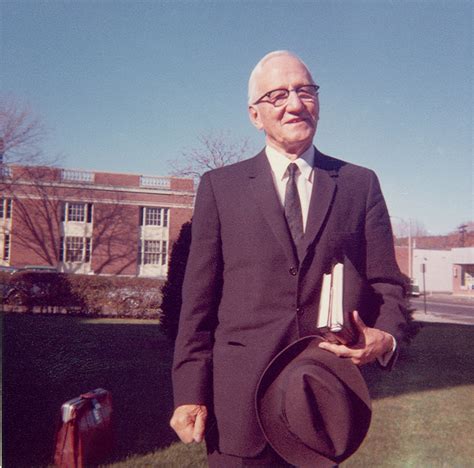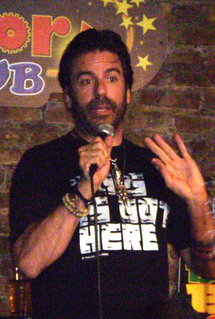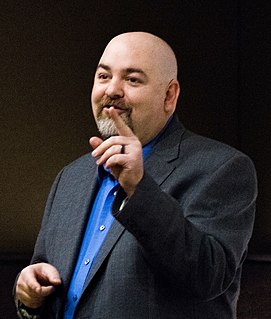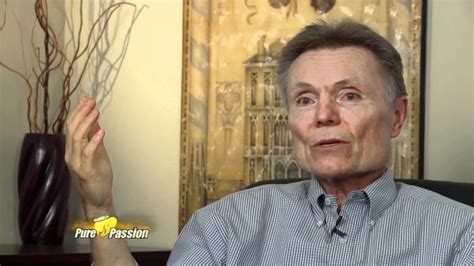A Quote by Rebecca West
It is not possible that a just God should forgive people who are wicked because another person who was good endured agony by being nailed to a cross.
Related Quotes
Forgiveness means that I continually am willing to forgive the other person for not being God — for not fulfilling all my needs. I, too, must ask forgiveness for not being able to fulfill other people's needs. … The interesting thing is that when you can forgive people for not being God, then you can celebrate that they are a reflection of God.
God extends his grace to his people (and mankind in general) when he destroys the wicked, because in destroying the wicked, he is averting their evil works that so plague God's children and mankind in general. When he maims and kills cultists and theological liberals, he prevents the spread of heretical doctrine that damns souls...God's judgment - not his favor - leads the world to righteousness. We should petition God's judgment on the wicked because judgment is a form of grace.
What is forgiving? Forgiving is giving up all claim on one who had hurt you and letting go of the emotional consequences of the hurt. How can we do that? It's done at the price of beating back our pride. By nature we are selfish. Forgiving, by definition, is unselfish. Being hurt by another person wounds our pride. Pride stands in the way of forgiving. We cannot forgive without God's help. It might be possible for us to forgive something inconsequential without God's help; but in significant matters, we are unlikely to accomplish anything without God's involvement in the process.
The only cross in all of history that was turned into an altar was the cross on which Jesus Christ died. It was a Roman cross. They nailed Him on it, and God, in His majesty and mystery, turned it into an altar. The Lamb who was dying in the mystery and wonder of God was turned into the Priest who offered Himself. No one else was a worthy offering.
Even more than in the concert hall, in church there are things you can and cannot do, just out of respect. You would never have the sound of someone being nailed to a cross, or the sound of a child being born, because everybody knows the story. We know that we're meant to feel a complicated raft of things.
I just think it's strange when people say, "There is no God." Because I feel so connected to people and things that I just can't deny that there's a God who wants us to tell good stories and be the best we can be and forgive and be forgiven, even if we're not the best we can be. I really believe innately that we do the best we can.
The Risen Christ proclaimed not that we 'have to forgive,' but rather, that at last we CAN forgive-and thereby free ourselves from consuming bitterness and the offender from our binding condemnation. This process requires genuine human anger and grief, plus-and here is the awful cost of such freedom-a humble willingness to see the offender as God sees that person, in all his or her terrible brokenness and need for God's saving power. I would never tell another, 'You have to forgive.'
They say that when god was in Jerusalem he forgave his murderers, but now he will not forgive an honest man for differing with him on the subject of the Trinity. They say that God says to me, "Forgive your enemies." I say, "I do;" but he says, "I will damn mine." God should be consistent. If he wants me to forgive my enemies he should forgive his. I am asked to forgive enemies who can hurt me. God is only asked to forgive enemies who cannot hurt him. He certainly ought to be as generous as he asks us to be.
We forgive, if we are wise, not for the other person, but for ourselves. We forgive, not to erase a wrong, but to relieve the residue of the wrong that is alive within us. We forgive because it is less painful than holding on to resentment. We forgive because without it we condemn ourselves to repeating endlessly the very trauma or situation that hurt us so. We forgive because ultimately it is the smartest action to take on our own behalf. We forgive because it restores to us a sense of inner balance.



































